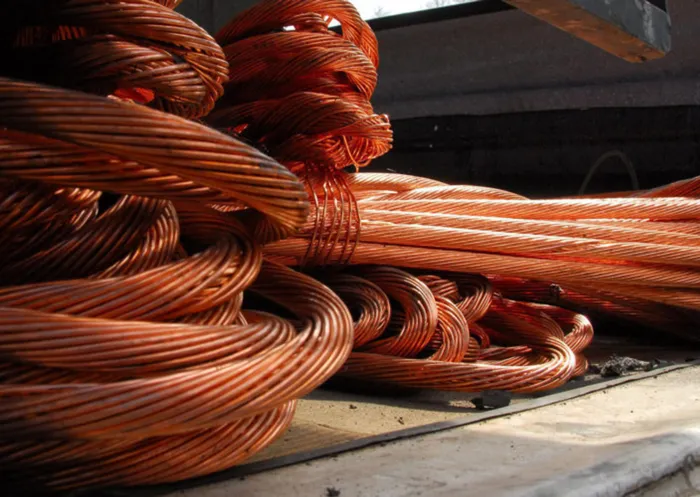
South Africa's recycling industry is urging an investigation into government policies that allegedly sustains anti-competitive pricing in the industry.
Image: Independent Newspapers Archive
South Africa’s recycling industry has accused government-linked policies of sustaining an alleged decade-long pricing cartel in the scrap metal trade.
This comes after a Competition Tribunal ruling confirmed collusion among major steel producers.
In a combined statement, the Recycling Association of South Africa (RASA), the Metal Recyclers Association of South Africa (MRA), and the Scrap Recycling Coalition (SRC) said they had submitted an urgent appeal to the Competition Commission to investigate the Price Preference System (PPS) for ferrous scrap metal.
The PPS, introduced in 2013 to give domestic steelmakers priority access to scrap metal at discounted prices, is now under fire for allegedly extending the same anti-competitive practices that the Tribunal found illegal in its October 6 ruling.
That ruling found that Cape Gate and three other scrap metal buyers - ArcelorMittal, Columbus Stainless, and Scaw South Africa had operated as a cartel when buying scrap metal from merchants in contravention of the Competition Act.
The Tribunal said ArcelorMittal and Columbus both admitted liability and concluded settlement agreements with the Competition Commission, which it later confirmed. Scaw was the corporate leniency applicant. Cape Gate said that it is appealing the ruling.
The three recycling associations say the PPS mirrors the problematic pricing structure that the tribunal's ruling had dealt with. It said the system links domestic scrap prices to international benchmarks with fixed discounts and premiums. They argue that under the guise of supporting local steelmakers, the policy continues to suppress prices and harm recyclers.
“The Tribunal’s recent ruling exposes a decade-long cartel that suppressed prices and disadvantaged recyclers,” the associations said. “We are deeply concerned that the same anti-competitive template underpins the PPS, undermining fair market practices and stifling economic growth in the recycling sector. An urgent inquiry is essential to address these ongoing distortions and ensure policies serve the public interest.”
They further allege that PPS rules requiring sellers to cover all transport costs have created market segmentation by discouraging inter-provincial trade.
“By prohibiting sellers from recovering these expenses, which increase with inter-provincial distances, buyers can issue uniform offers that render inter-provincial trades uneconomical,” the statement reads.
The groups have urged the Competition Commission to conduct an immediate inquiry under section 49C of the Competition Act, tracing the PPS’s origins and examining its connection to the prohibited pricing formula. They also called for transparent consultations to prevent undue influence from cartel participants and ensure fair competition in the steel value chain.
According to the associations, the matter carries significant public interest as South Africa’s recycling industry, including the informal scrap sector, provides livelihoods for about 400,000 people, many of them among the country’s most vulnerable.
Related Topics: